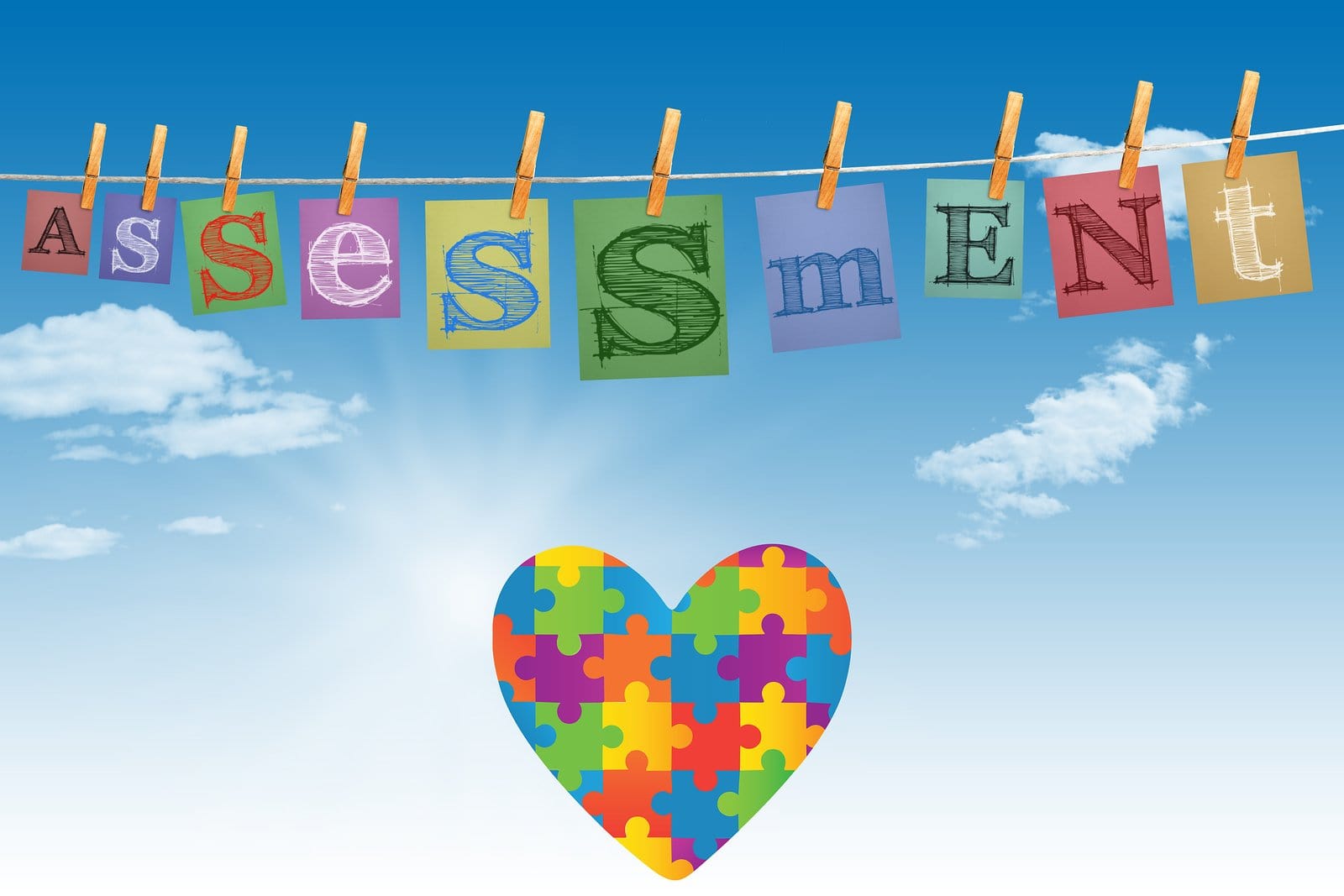Young Adult Diagnostic/Transitional Evaluations
Young Adult Diagnostic/Transitional Evaluations

Who performs the Autism Evaluation?
Comprehensive Psychological evaluations are completed by a Licensed Clinical Psychologist
What are the benefits of this type of evaluation?
For many individuals, their late teens and early twenties can present with unique mental health challenges. In fact for some, this age range can mark the emergence of new or worsening mental health conditions. For others, it can be a time of great change, with a transition from the many supports and services offered at school to employment and independent living, or to college and the individual’s first time living away from home. Others may have been struggling with previously undiagnosed conditions such as mild Autism for which they may need a formal diagnosis in order to obtain supports and services in adulthood. Other individuals may not have had testing for several years and may need a formal assessment to provide clarification or confirmation of their diagnoses to assist with obtaining supports and accommodations for college or graduate school, entrance exams like the GRE’s, MCAT’s or LSAT’s, or the workplace.
What can you learn from an evaluation?
Our Young Adult Diagnostic/Transistional Evaluations can assist with:
What does a comprehensive Autism Evaluation include?
1. Review of medical records
- Concerns raised through routine well-child care
- Evaluations by medical specialists
- Results of genetic testing
- Birth records and results of newborn screenings
- Medication history and response
- Previous medical treatments
- Review of previous assessments, including ASD screenings and evaluations
2. Review of educational records
- Birth to Three evaluations
- Special education eligibility and exceptionality
- Educational progress and any special programming or services
- Evaluations by psychologists or related services
3. A structured parent/caregiver diagnostic interview
4. Administration of standardized diagnostic instruments for Autism
What should you expect from your appointment?
About the Evaluation
Clinical Interviews and face to face testing can last from one to four hours. Evaluations can be broken into multiple sessions to accommodate the needs of the child and the family. Because parents will need to meet with the psychologist without the child present, they will need to bring a responsible person to monitor the child while they are meeting with the psychologist or will need to schedule an additional appointment to complete that portion of the assessment at a different time.
In addition to the written report, the autism assessment also includes a meeting with the parents to review results, as well as participation by phone in a PPT meeting to review findings.
Other services, such as conducting an observation of the student in their school placement, meeting with school staff or attending a PPT in person are available for an additional fee.


Documents Needed
For your appointment, you will need to bring contact information for mental health service providers and medication prescribers, as well as lists of present and past psychiatric medications and the results of any relevant medical or genetic testing. School records, progress reports, previous evaluations or other relevant background information
For referring school districts, a referral packet should include the following information:
- Description of the reason for referral and any related questions or concerns
- Previous evaluations including psychological, educational or related services
- Most recent IEP or 504 plan
- Report cards and/or progress reports
- Disciplinary record
- Name and contact information for relevant school personnel
We can help you get the support you need
Turn insight into action
A thoughtful, balanced assessment strategy is about more than just testing: it’s about creating better experiences for families, teachers and students.
